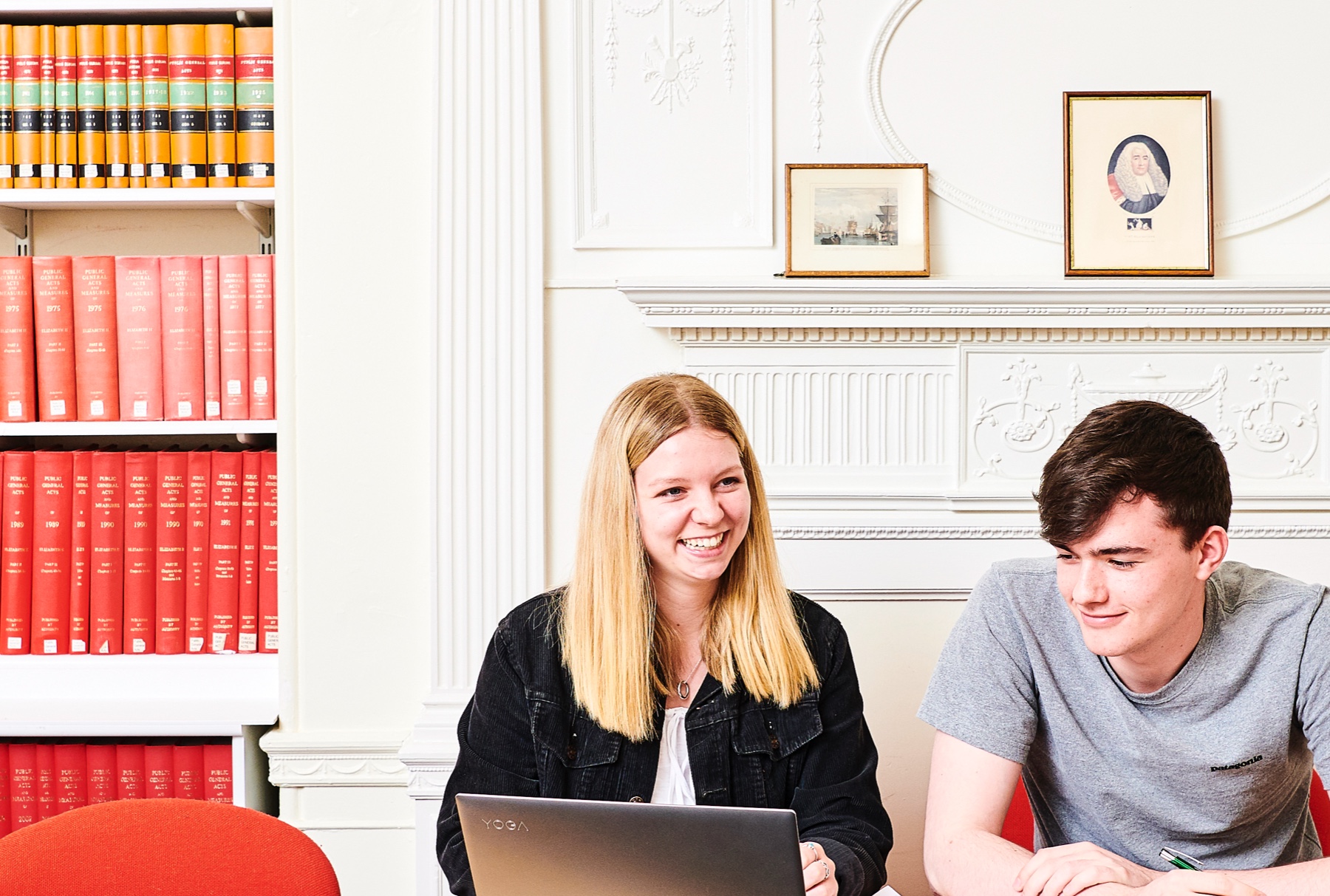Co-production
Working with others in research.
Driving innovation
We are leading innovators in the development, practice and conceptualisation of co-produced research.
We base this approach on the principle of working with others, rather than conducting research on them.
The impact of the effectiveness of co-produced research leads to increased organisational capacity. This can result in changes in policymaking and delivery.
Involving young people
One example would be the work of Karen Laing and Professor Liz Todd in developing the Wallsend and West Newcastle Children’s Communities. Another would be Laing's development of Wallsend Action for Youth and Wallsend Action for Play).
Involvement of young people within co-produced research has also led to them gaining more skills and knowledge. This has helped them to become community activists to tackle disadvantage in their own communities.
Poverty proofing
An inspiring example of the impact of co-production is Todd and Dr Laura Mazzoli Smith’s ‘Poverty Proofing the School Day’.
The Scottish Parliament’s Education and Skills Committee adopted this in their new strategy ‘the Cost of the School Day’. 10,000 young people have benefitted from the work of poverty proofing in schools, which reduces the stigma of poverty.
Our research has led to the Centre for Learning and Teaching's (CfLaT) membership of Investing in Children (IiC). This is an organisation committed to the human rights of young people. We are the first university to receive this award.
